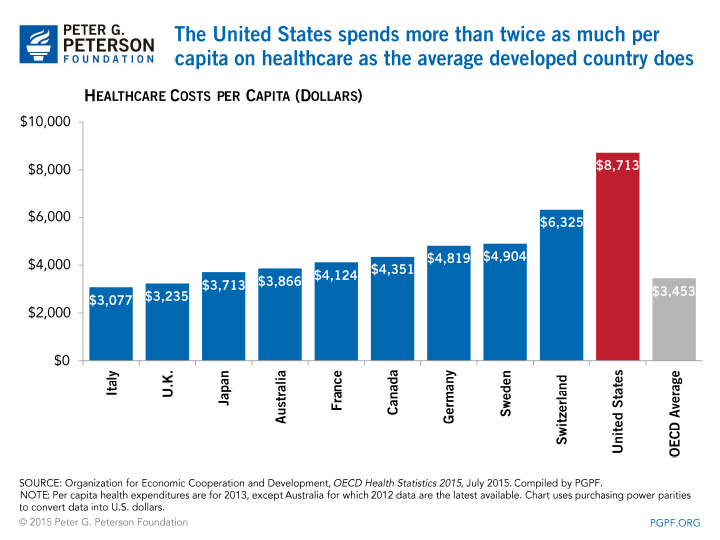On Nov 27, the NYSE announced the delisting of National Bank of Greece(NBG) ADR. Since then NBG investors could not trade the stock. As the ADR was delisted investors hoping to get out could not even sell the stock. However as of last Friday (Dec 4th), NBG started trading on the OTC market under the ticker NBGGY.
Today the stock closed down over 27% and ended the day at $0.42.
As announced earlier, a new reverse split of 1:15 was implemented on Dec 3, 2015. So the current price is after that revere split.
In addition, preference ADR holders can convert to common ADRs according to the depository BNY Mellon. Each Preferred ADR will receive one Common ADR. Full details on this conversion can be found here.
What to do if you hold NBG shares?
By now your broker would have converted the ticker to NBGGY and show the appropriate closing price. Investors planning to take a loss and move on, can now sell the shares on the OTC market to buyers.
Related:


